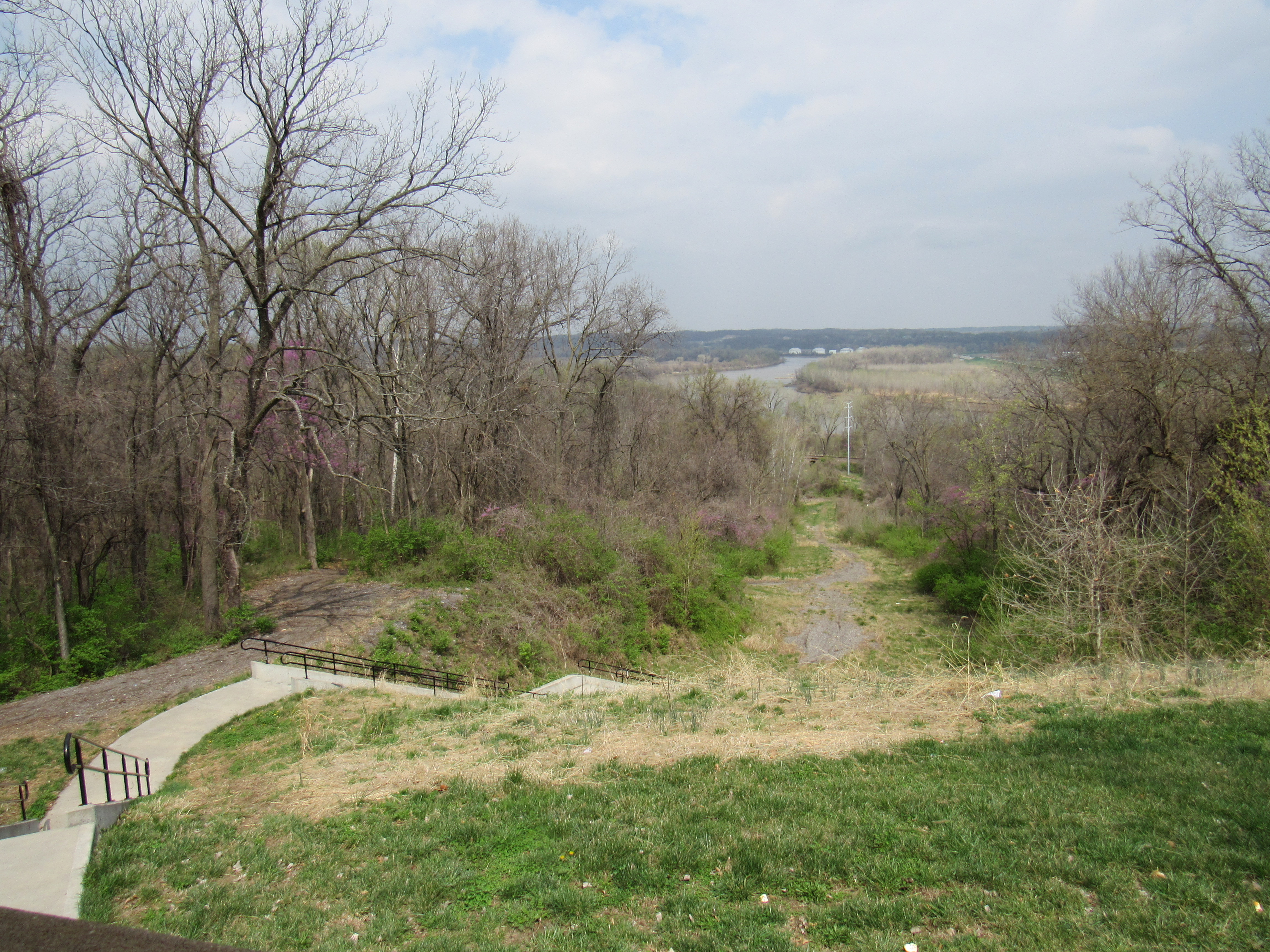
U.S. Rep. Kevin Yoder, R-3rd Dist., today said he would support an effort to designate the Quindaro Ruins town site in Kansas City, Kansas, as a National Historic Landmark.
He made his remarks at the Quindaro Symposium being held Friday and Saturday at Memorial Hall in Kansas City, Kansas.
Yoder said he would introduce a bill in the House for the National Historic Landmark designation.
“The town of Quindaro played a crucial role in the establishment of Kansas as a free state, and during the Bleeding Kansas conflict it served as a prominent example of how people from many different backgrounds can come together to make a difference,” Rep. Yoder said in a statement today. “Unfortunately, the historic site of this town has never received the attention and preservation that it deserves. However, a small group of local stakeholders have worked hard to protect Quindaro and keep its stories alive. I am proud to join them in their efforts by introducing federal legislation to designate the Quindaro Townsite as a National Historic Landmark. This designation will be a huge step forward for the site and for the community around it. I am confident that the city, our state, and the country as a whole can learn from the stories of Quindaro, and National Historic Landmark status will help make that possible.”
The town of Quindaro was founded in 1857 as a safe haven for anti-slavery activists and an important stop on the Underground Railroad. Today, the site of the town is listed on the National Register of Historic Places. National Historic Landmark status is a much rarer and more prestigious designation, and it would foster more investment in and preservation of the Quindaro Townsite. Rep. Yoder’s bill, the Quindaro Townsite National Historic Landmark Act, would make Quindaro the third National Historic Landmark in the Third District, in addition to the Shawnee Methodist Mission in Fairway and the Wyandotte National Burying Ground in Kansas City, Kansas.
The Freedoms Frontier Program and other organizations sponsored the Memorial Hall program.
Supporters of the landmark designation believe it will help the site receive additional grants and funding that would stimulate tourism and educational efforts at the site.
If Rep. Yoder’s bill passes, it would be expected to shorten the time for receiving the landmark designation. The regular application process could take a few years.
On Tuesday, Yoder’s bill is expected to be introduced in the House. It then would go to the House Natural Resources Committee, the House and the Senate.
